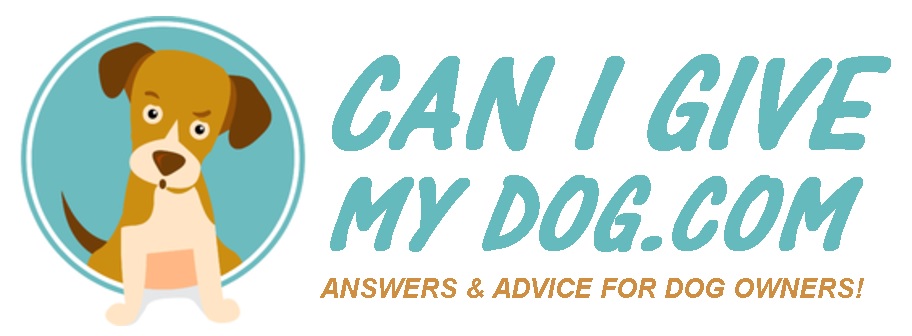Are you wondering if Nexium (Esomeprazole) can help your dog with a digestive issue?
You aren’t alone! Many canines experience acid reflux, stomach/gastric ulcers, heartburn and even Gastroesophageal Reflux Disease (GERD).
It is not unreasonable to inquire about this drug. So let’s get right to it.
 With the exception of dogs with serious liver problems, Nexium is unlikely to be harmful. It is pretty well-tolerated, at least when reasonably dosed.
With the exception of dogs with serious liver problems, Nexium is unlikely to be harmful. It is pretty well-tolerated, at least when reasonably dosed.
Hold on though! There’s more to learn about “The Purple Pill” before using it on your precious pet pooch.
Some Dogs Can Benefit From Nexium
Esomeprazole is a proton pump inhibitor (PPI) that has been found to be effective for canines with certain gastric conditions.
But it cannot be stressed enough:
Your dog should be properly checked out before Nexium could be considered a responsible treatment option. Otherwise, avoid experimenting with this human-formulated pharmaceutical.
FYI: It could be that, instead of Nexium, a quality probiotic would greatly benefit your dog.
Results of a Nexium Study
A study that focused on pharmacokinetics and acid suppressant efficacy found that all 12 Beagle dogs (the test group) responded favorably to Esomeprazole in doses of 1mg/kg of body weight over 24 hour periods.
It should be noted that these dogs were given Nexium’s active ingredient either orally, subcutaneously (SC) or via intravenously (IV).
Quoting from the research, “No clinically notable adverse effects were observed . . . Vomiting was observed once, and soft stools were observed twice . . . One dog presented itching immediately after the SC injection of esomeprazole.”
Note: The above information is specific to Beagles. We await more clinical data for additional breeds to further complete Nexium’s safely profile.
A Lack of Dog Dosing Info
The fact is that Nexium isn’t commonly given to animals. The same researchers also noted that, “little published support exists regarding esomeprazole dosages in dogs.”
Please consult with a veterinary professional about the correct amount. Do so for your dog’s sake!
Easy To Misuse Esomeprazole
Nexium is a PPI that works by reducing acid levels in the tummy.
But the thing is not all stomach acid is bad. Your dog actually needs some for proper digestion!
And how do you know that your pet has Zollinger-Ellison syndrome, GERD, inflammation of the esophagus or something else treatable with Nexium?
There could be numerous reasons for your dog’s coughing or other symptoms. It is nearly impossible to assess, on your own, if Nexium is appropriate or not.
Compared To The Alternatives
Gaviscon and Zantac are similar to Nexium in that they also reduce stomach acid. Truth be told, Pepcid AC has much more of a track record for helping dogs.
Look into natural alternatives as well.
For example, aloe vera juice may help with your dog’s gastric problems — at least it has helped our neighbor’s dog!
Ultimately, though, diet and/or a lifestyle change may be the solution.
Side Effects And Accidental Ingestion
Though Esomeprazole is not one of the more dangerous drugs for dogs, there are cases where it can be harmful — particularly for small pups.
Has your dog eaten a bunch of these pills?
If so, watch for the following:
- Diarrhea
- Vomiting
- Excessive gas
- Gum discoloration
- Lethargy
- Poor appetite
- Lack of coordination
Thankfully, most adverse effects linked to Nexium subside on their own. But bring your dog to a veterinarian for what could be a concerning scenario.
The Bottom Line
Nexium is fairly safe and effective for dogs.
With that being said…
Diet-related issues, allergies and various other underlying medical conditions could be better addressed with completely different treatments.
In other words, Nexium may or may not be right for your dog’s situation. Talk with your veterinarian before giving this medication.
